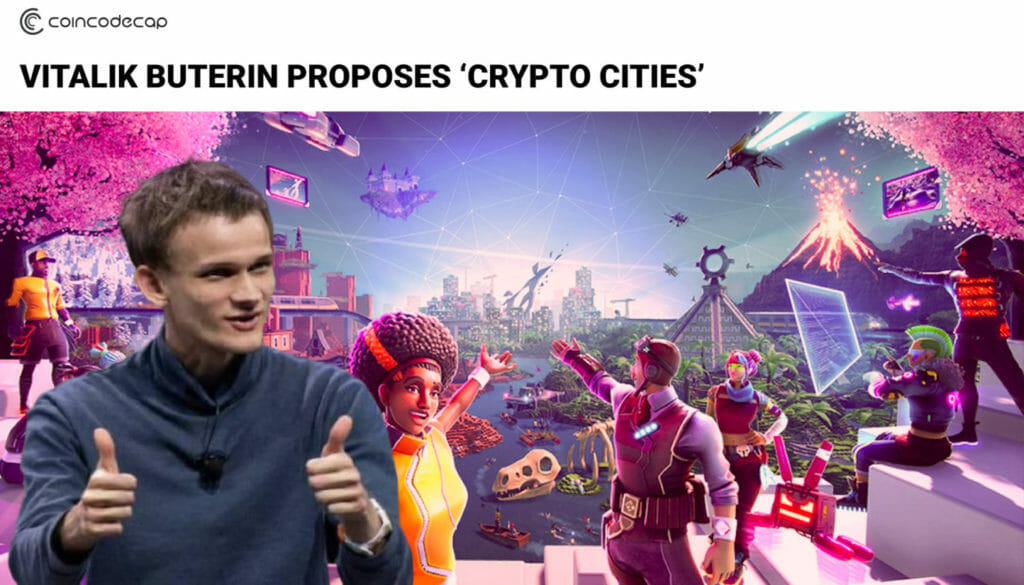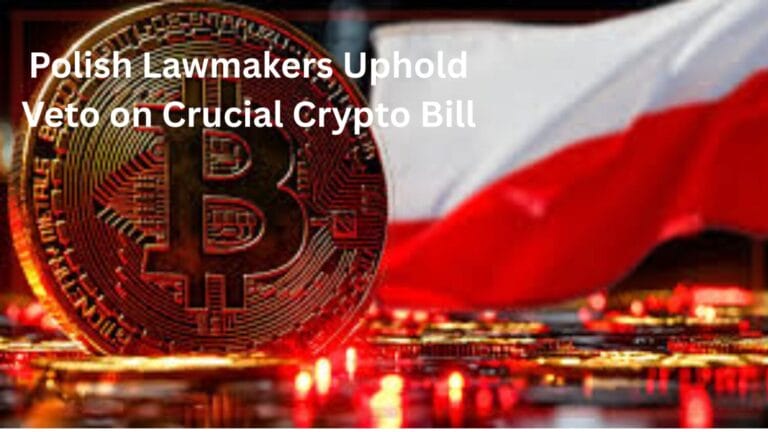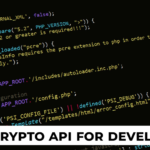Key takeaways:
- The founder of Ethereum, Vitalik Buterin Proposes Crypto Cities in the form of a paper in which he explains the benefits of employing decentralised technology to establish autonomous crypto towns in a metaverse.
- The plan for crypto cities comes only days after Facebook relaunched itself as Meta, with an emphasis on creating a totally digital society through the use of blockchain technology.
- Buterin specifically highlights efforts like CityDAO, which aim to develop wholly new crypto cities from the base.

Vitalik Buterin, the inventor of Ethereum, has published a paper in which he explains the benefits of employing decentralised technology to establish autonomous crypto cities in a metaverse.
The article follows Facebook’s branding shift to Meta and their declaration that they are working to become a metaverse firm.
In his latest paper, he writes, “Another interesting trend of the last year has been the rapid mainstreaming of crypto ideas such as coins, non-fungible tokens, and decentralized autonomous organizations (DAOs). So what would happen if we combine the two trends together? Does it make sense to have a city with a coin, an NFT, a DAO, some record-keeping on-chain for anti-corruption, or even all four?”
The Ethereum co-founder also mentioned one particular project that seems to have piqued his interest the most. CityDAO, unlike other cities such as Miami and Reno, does not yet exist and is being developed from the ground up. CityDAO is a DAO with legal standing under Wyoming DAO law that is attempting to build totally new cities from the root level.
Buterin listed other towns that are already implementing different crypto integrations, such as Miami coin, a crypto token built on Bitcoin that would be utilised for the development of the Miami city. Reno is also exploring RenoDAO and NFT projects.
Buterin advocates using decentralised technology in existing cities to transform them into actual crypto cities. The metaverse promises to be a future in which individuals may interact and accomplish anything they do now in a virtual avatar. However, considering Facebook’s history of mishandling user data, the notion was not well accepted by the general public.
By using the potential of blockchain technology, Meta is concentrating on creating an entirely virtual digital world known as the Metaverse. People will be able to interact and do anything with their virtual avatars in the Metaverse. This is strong evidence of the crypto market’s rising effect on municipal governance. Buterin in his recent paper also pointed out that local governments may integrate blockchains into their existing infrastructures. He highlighted two major points:-
Using blockchains to build more trustworthy, transparent, and verifiable versions of existing processes.
Blockchains to implement new and experimental forms of land and other scarce asset ownership, as well as new and experimental forms of democratic governance.
Also, read
- Coinbase Surpasses TikTok as the Most Popular iPhone App
- Coinbase Joining the NFT World, Soon to Launch its NFT Platform
- BXH Loses $139 M, in Latest Crypto Hack
- Mastercard Acquires a Crypto Analytics Firm
- Burger King Partners with Robinhood to Give 2 M Dogecoin
- Massive Shiba Inu billboard in Times Square









